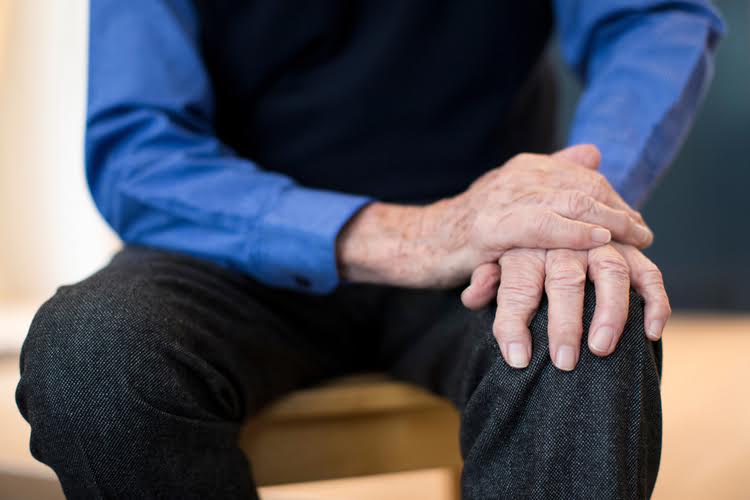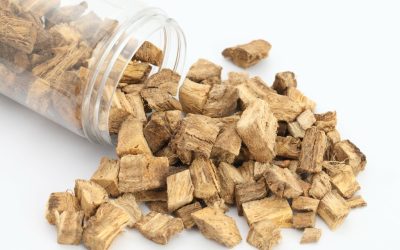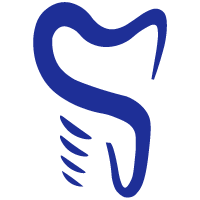“Typically, it’s advised to stop drinking alcohol around three to four hours before bed. This should give the body enough https://live-techno-learngreater.pantheonsite.io/2020/10/08/keto-alcohol-the-best-and-worst-drinks-on-the-keto/ time to metabolize the alcohol and get it out of one’s system, allowing them to enjoy unaffected sleep,” explains Dr. Hsu. As your body metabolizes the alcohol and the sedative effects wear off, it can interfere with your circadian rhythm, and cause you to wake up frequently or before you’re properly rested. For people who snore or who have sleep apnea—a disorder that causes repeated pauses in breathing during sleep—drinking alcohol tends to aggravate symptoms. If you are one of the nearly two thirds of Americans who drink alcohol, chances are, you’ve had a drink in the hours before bedtime.
Adverse Effects of Disrupted Sleep

Alcohol-induced snoring can be a minor annoyance for anyone you share a bedroom with, but alcohol can also cause or worsen a serious health problem called obstructive sleep apnea. In this type of sleep apnea, the upper airway closes while you are asleep. This can impact your sleep quality, leading you to feel more tired and less refreshed the next morning. Alcohol can trigger parasomnias, involuntary sleep behaviors that contribute to poor sleep quality, such as sleep talking and sleepwalking. By interfering with your body’s normal circadian rhythm and sleep cycles, alcohol increases the likelihood of disruptive sleep behaviors that pose a safety risk. Reducing your alcohol intake, especially in the hours leading up to your bedtime, can help you wake up well-rested and energized in alcoholism treatment the morning.
Drinking Water Before Bed

Like nearly all of the body’s organs, the liver functions according to circadian rhythms. Alcohol interferes with these circadian rhythms regulating the liver, and can contribute to compromised liver function, liver toxicity, and disease. While heavy alcohol use can trigger insomnia, the opposite is also true. People with insomnia have an increased risk of developing alcohol use disorder, potentially because many individuals turn to alcohol as a sleep aid. When it comes to winding down after a long day, many people turn to alcohol to help them relax and ease into sleep. Whether it’s a glass of wine, a beer, or a nightcap, alcohol is often seen as a sleep aid.
- As alcohol wears off, it can cause a withdrawal effect that can wake you up.
- Research shows that poor sleep quality and disrupted sleep raise heart rate, heart rate variability, and blood pressure while you sleep, which can stress the heart and increase the risk of cardiovascular diseases.
- Long-established research shows the body metabolizes alcohol differently at different times of day.
- Finally, going to bed with alcohol in your system increases your chances of having vivid dreams or nightmares, or sleepwalking and other parasomnias.
Say Goodbye to Insomnia
That’s followed by a deeper cycle of snoozing known as rapid eye movement (REM) sleep. REM sleep behavior disorder, also known as rapid eye movement sleep behavior disorder (RBD) is a condition in which individuals experience realistic, often frightening dreams during the REM sleep stage. This may result in the person verbally or physically acting out their dreams, which may cause abnormal behaviors such as kicking, flailing, jumping or yelling during sleep. Normal sleep cycles through four stages, which are either considered rapid eye movement (REM) sleep or non-REM sleep. Researchers have found that the sedative effect only lasts for the first part of the night, though. People who consume alcohol before bed don’t wake up as often during the first few hours of sleep.

While not thinking of sleep, she can be seen reading in cosy bookshops or learning about global food culture. Alcohol is known to reduce REM sleep resulting in grogginess, daytime fatigue, irritability and mental fog. Lindsay Modglin is a nurse and professional writer who regularly writes about complex medical topics, as well as travel and the great outdoors. She holds a professional certificate in scientific writing from Stanford University School of Medicine and has contributed to many major publications including Insider and Verywell. As a passionate advocate for science-based does alcohol make you sleep content, she loves writing captivating material that supports scientific research and education.
- As a result, you may wake up during the night feeling thirsty or needing to use the bathroom more often.
- If you made the decision to have that couple of glasses of wine or a couple of beers at night, you’re telling yourself that you’re putting your sleep quality at risk; that’s the tradeoff.
- Sleep apnea is a condition where the airway becomes partially or completely blocked during sleep, causing interruptions in breathing.
The typical sleep cycle begins with three non-rapid eye movement (NREM) stages of sleep and ends with rapid eye movement (REM). During sleep, the body cycles through all of these stages every 90 to 120 minutes, with NREM sleep dominating the first part of the night and REM increasing during the second part of the night. Each stage is necessary for sleep to feel refreshing and for vital processes like learning and memory consolidation to occur. To minimize the impact of alcohol on sleep, have your last drink at least 3 or 4 hours before bedtime. We typically get more REM sleep in the second half of the night. REM sleep leaves us feeling rested and helps with memory, learning and concentration.
Full Proof: Explaining How Alcohol Can Interfere With Sleep
Many people experience a wave of sleepiness after consuming alcohol. As a central nervous system (CNS) depressant, alcohol has a sedative effect that may cause you to fall asleep more quickly than usual. However, the initial drowsiness alcohol causes can be deceiving. Alcohol disrupts sleep quality throughout the night, leading to less restful and restorative sleep. Sleep apnea is a common disorder that causes breathing to repeatedly stop and restart during sleep, affecting the amount of oxygen your body gets.
